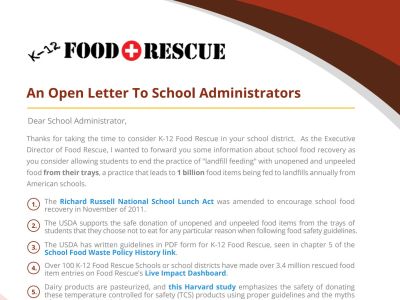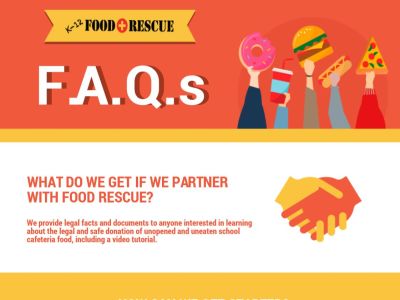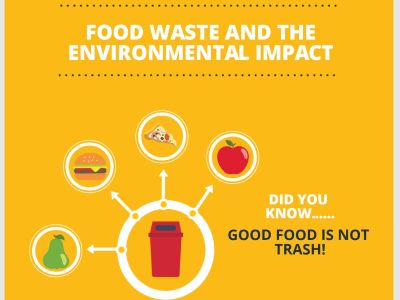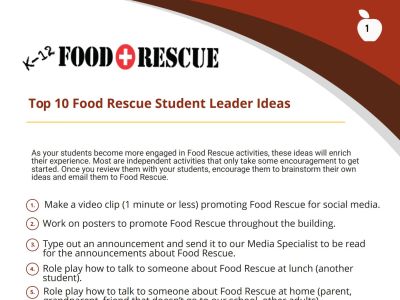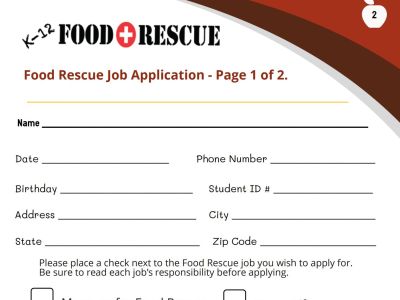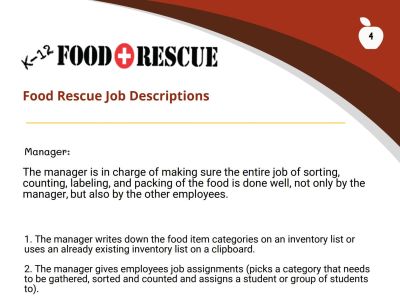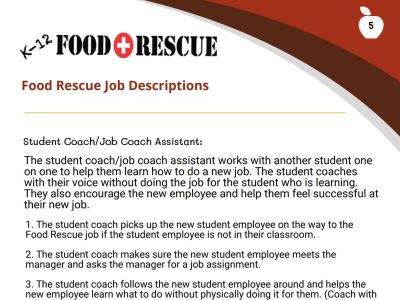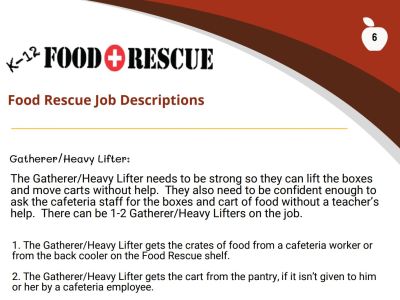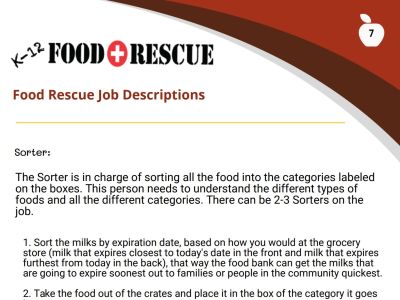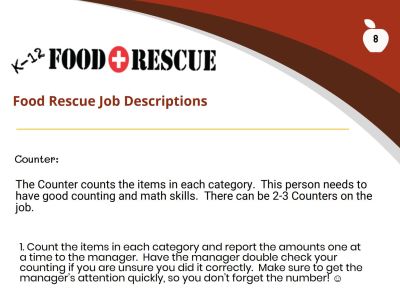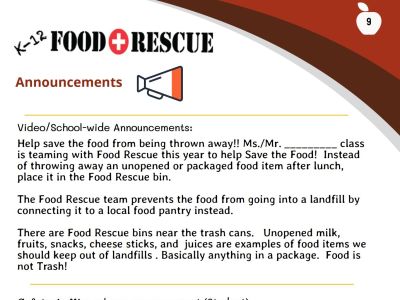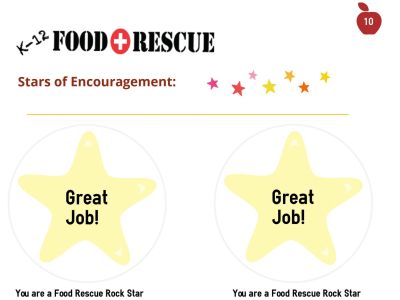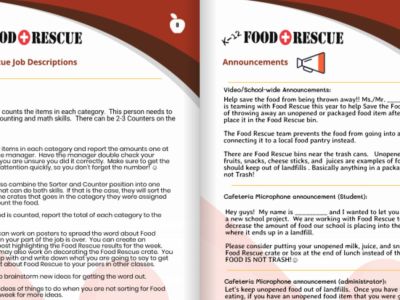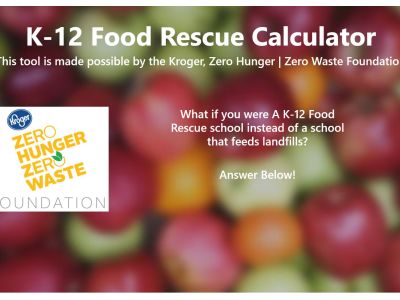Environmental Impact
The impact of food waste on our environment is another reason to adopt food recovery policies. Those interested in ecology and the conservation of our environment or saving the environment has become a motivating factor of many schools to choose to participate in food recovery. The environmental problem created by food waste is the methane gas it emits while in our landfills as seen below in our food waste environmental education video.
Schools, homes and businesses all can play a role in reducing the carbon pollution in our environment (See greenhouse gas emissions). Pollution is not just plastics, but food waste is a major contributor to the harmful, environmental effects. Food rescue, recovery can make a difference (and believe it or not, you can make a huge difference)!
The EPA (Environmental Protection Agency)is doing their part as well. They have initiated the Food Recovery Challenge offering their full support to any schools donating their surplus food.
Schools, homes and businesses all can play a role in reducing the carbon pollution in our environment (See greenhouse gas emissions). Pollution is not just plastics, but food waste is a major contributor to the harmful, environmental effects. Food rescue, recovery can make a difference (and believe it or not, you can make a huge difference)!
The EPA (Environmental Protection Agency)is doing their part as well. They have initiated the Food Recovery Challenge offering their full support to any schools donating their surplus food.
Free Tool - Calculates Environmental Impact With Each Submission
Did You know.....
American food production has a tremendous resource cost – 10% of the nation’s total energy budget, 50% of its land, and 80% of all U.S. freshwater consumption is dedicated to the production and distribution of food. An unconscionable amount of those resources are wasted completely, as up to 40% of all food ends up in landfills. By diverting food waste from landfills Food Rescue makes a substantial environmental impact: our efforts prevent 1,722,954 lbs. of CO2 equivalent, in the form of methane, from entering the atmosphere and causing pollution.
American food production has a tremendous resource cost – 10% of the nation’s total energy budget, 50% of its land, and 80% of all U.S. freshwater consumption is dedicated to the production and distribution of food. An unconscionable amount of those resources are wasted completely, as up to 40% of all food ends up in landfills. By diverting food waste from landfills Food Rescue makes a substantial environmental impact: our efforts prevent 1,722,954 lbs. of CO2 equivalent, in the form of methane, from entering the atmosphere and causing pollution.

